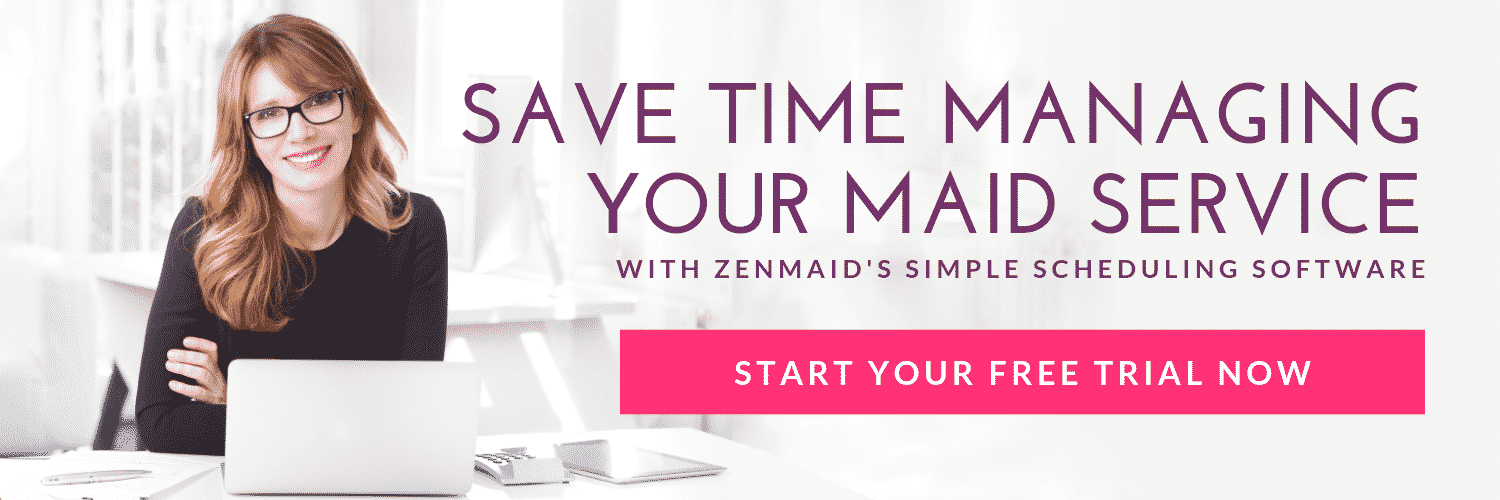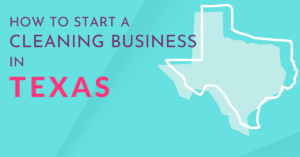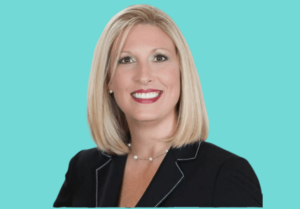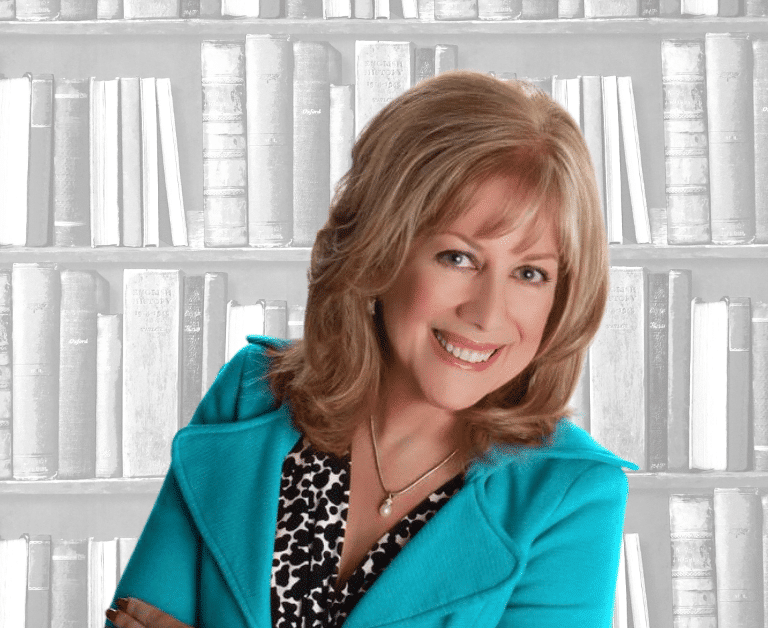Last Updated on May 17, 2024 by The ZenMaid Team

Have you ever found yourself staring at the phone, client on the line, sweating over what number to say? You’re not alone. One of the most common questions among residential cleaning business owners is how much should I charge for my services?
Charge too high, and you might scare clients away. Too low, and you’re undercutting your value. It’s enough to make anyone second-guess their math skills. In this article, we’re breaking down industry standards and how to calculate the best price to charge for your maid service.
Now, let’s get to it.
- Hourly vs. Flat Rate Pricing:
- Industry Average Prices for Cleaning Services
- The Expert-Approved Pricing Strategy Formula
- How to Find the Hourly Rate for Your Business
- How Many Square Feet Can You Clean Per Hour?
- How to Find Your Pricing Strategy
- How to Calculate Your Pricing
- Factors Affecting Cleaning Service Pricing
- Ad-On Services to Consider
- Protecting Yourself From Pricing Disasters
- Wrapping up
Hourly vs. Flat Rate Pricing:
The debate between hourly vs. flat rate is as old as the industry itself. Many seasoned experts advocate for flat-rate pricing as the golden ticket to scaling your business. It offers predictability for your clients and ensures you’re compensated for the value you provide, not just the time you spend.
However, don’t toss the idea of knowing your hourly rate out the window just yet. Understanding your approximate hourly rate is crucial for accurately setting your flat rates. It serves as the foundation upon which you build your pricing structure, ensuring that you’re not only competitive but also profitable.
The trick is to calculate your hourly rate based on your operating costs, desired profit margins, and the market rates, and then transition to a flat-rate model that reflects the value and efficiency of your services. In this article, we’re giving you step-by-step instructions on how to determine this rate. But first, let’s cover some industry averages:
Industry Average Prices for Cleaning Services
The standard flat rate for cleaning services can vary widely depending on the location, the size and condition of the space, the type of cleaning required, and the cleaning company itself. Here’s a quick breakdown of standard cleaning rates based on averages from HomeAdvisor and Angi.
1. Hourly Rates:
- Standard cleaning prices also range from $35 to $60 per hour for each cleaner.
- The national average cost of house cleaning is noted to be $40-$50 per hour, per cleaner.
2. Per Room Rates:
- The rate is about $30 to $50 per room.
3. Square Footage Rates:
- Cleaning a 2,000-square-foot home can cost about $0.06 to $0.16 per square foot, which would total $110 to $320.
4. Flat Fee Rates:
- For a typical three-bedroom, 2,000-square-foot home, the cleaning cost usually ranges from $160 to $200.
- A one-bedroom apartment is priced at around $80 to $110.
| Cleaning type | Hourly rate | Flat rate | Sq Ft Rate |
| Residential Cleaning | |||
| Standard Cleaning | $25 – $50 per cleaner | $100 – $200 | $0.05 – $0.16 |
| Deep Cleaning | $40 – $100 per cleaner | $200 – $400 | $0.13 – $0.17 |
| Move-In/Out Cleaning | $40 – $100 per cleaner | $300 – $400 | $0.13 – $0.20 |
| Commercial Cleaning | |||
| Standard Cleaning | $25 to $90 per cleaner | Varies by size | $0.10 to $0.25 |
| Deep Cleaning | $40 to $150 per cleaner | $200 to $500 | N/A |
| Special Services | Varies by service | Varies by service | Varies by service |
Additional Services You Can Charge: For residential cleaning, add-on services such as changing bed sheets, laundry, interior and exterior window cleaning, fridge cleaning, oven cleaning, etc., come with additional costs ranging from $4 to $50 per service. In ZenMaid, you can easily add these extra charges to your cleaning job.

The Expert-Approved Pricing Strategy Formula
Now that we’ve covered some average industry rates, let’s break down a bit more. Everyone likes a good roadmap, right? Here are the four steps for how to find your cleaning service rate:
- Step One: Find your target hourly rate
- Step Two: Calculate how much square footage you can clean in an hour
- Step Three: Develop a pricing strategy
- Step Four: Use the pricing formula
How to Find the Hourly Rate for Your Business
The first step to finding an hourly rate for your business starts with doing local market research. When conducting your market research, consider these targeted questions:
- What are other businesses charging? More specifically, what are businesses the same size as yours charging?
- How often do they offer services?
The easiest way to find out what your competitors are charging is when prices are listed on their website. Unfortunately, that’s not very common. So, pick up the phone and call up your competitors to ask.
Once you know what your competition is charging, try to understand how much you can get for what you offer.
- Will the demographic in your area pay for a premium service?
- Do you want to charge the same as a franchise’s cleaning business?
Facebook groups, client surveys, and competitors are great places to find these answers.
After you’ve done your market research, you’ll need to figure out how to position your company in the marketplace. Are you just another residential cleaning service? Or, do you offer a premium, specialized product?
When you know the direction you’re headed, the road to your pricing strategy is easier to find. Some cleaning services like to specialize in large homes or luxury homes. Others just want the ‘meat and potatoes’ of a basic cleaning service. The good news is that there’s plenty of business for everybody.

Employee Pay
The next factor that influences your hourly rate is how much you pay your employees. If you want to pay the bare minimum needed to hire people, that’s going to put you on the lower end of the hourly rate.
If you aim to offer a livable wage with benefits, you’re going to need to charge more. There are no correct answers here, but you need to understand these factors when developing your hourly rate.
The average employee pay range for cleaners is $15.30/hour. You can use this for calculating your hourly cleaning rate.
Consider Your Marketing Strategy
The final factor for your hourly rate is your marketing strategy.
Are you trying to grow your business?
Your rate will need to be competitive if you’re hoping to grow at a fast pace.
If you need to grow rapidly but don’t want to lower prices, read this article three ways to get more cleaning customers without lowering your prices.
If your business has grown to a place you’re comfortable with, or if you’re well-known in the area, you can probably charge a higher hourly rate. And you can definitely charge a higher rate if you have a waiting list of clients!
How Many Square Feet Can You Clean Per Hour?
After you’ve found your hourly rate, understand how many square feet you can clean per hour. Now, at first, this can seem hard to find, but you likely already have the information you need – it’s just a matter of finding it!
It’s important to know your square footage per hour because you will use it as a baseline for all your prices.
Use data from past cleaning jobs to learn how fast you can clean 500 square feet. You’ll want to calculate an average from your recent jobs.
- How long did the last ten *typical jobs take you?
- How many employees were on the cleaning job?
- How many square feet were the homes?
Don’t have any recent data?
No worries! Start recording this data for the next week and then use it to find your average.
*Several variables can affect your average cleaning rate, so use only typical homes when calculating your average cleaning pace. Your typical homes are the predictable ones that are simple to clean, requiring only your basic cleaning services. (We’ll touch on how to avoid pricing disasters in these kinds of homes at the end of this article!)

How to Find Your Pricing Strategy
The next step to nail down your pricing system is to identify your pricing strategy.
In other words, how frequently do you hope to charge for services? We’re going to use your pricing strategy to calculate our prices based on frequency.
Do you want your main revenue to come from weekly cleans, bi-weekly, or monthly with extra fees?
Many residential cleaning companies push for bi-weekly cleans. Offering a small discount of around 5% is a great option to incentivize clients to choose these more frequent cleans.
On the other hand, charging more for monthly cleans is a good way to help clients choose more frequent cleans. It’s often reasonable to charge an additional 50% for a monthly clean.
We see too many cleaning business owners charge the same rate for bi-weekly and monthly cleans. When this happens, your client has no reason to choose bi-weekly over monthly.
Determining an effective pricing strategy is crucial and should align with your current business standing and long-term goals. Assessing your booking rates and understanding your clientele’s price sensitivity are pivotal steps.
More factors to consider:
- If you find that your services are in high demand, with a fully booked schedule being the norm, it might be an indication that your clientele values your services highly. In such a scenario, adopting a premium pricing strategy could be beneficial. This approach reflects the high quality and demand for your services and provides additional revenue that can be reinvested into growing and enhancing your business further.
- On the flip side, a different approach is warranted if your booking rate is lower than desired and you’re struggling to cover your operational costs. Penetration pricing, where you initially set a lower price to gain market share and cover your fixed expenses, might be a viable strategy. This can help attract a customer base and establish a foothold in the market. Once a loyal clientele is built and market recognition is achieved, prices can be gradually adjusted to a higher point.
- Alternatively, crafting custom packages could be a smart move. By offering tailored cleaning packages, you encourage customers to engage with your services over a longer term. This not only helps cover your fixed costs but also enhances each customer’s lifetime value, thereby boosting your overall profitability. Structuring packages that provide value while ensuring profitability will create a win-win scenario for your business and clientele.
To learn more about building a pricing strategy for your cleaning business, check out this article!
How to Calculate Your Pricing
We’ve made it to the pricing formula. After you’ve gone through all the steps above, this next step is pretty simple.
First, take the square footage of your client’s home and divide it by your rate of square feet cleaned per hour. Then, multiply it by your hourly rate. The total number is how much you’ll charge for a single job in that client’s home.
So let’s use an easy number as an example: If a client with a 2,000 square-foot home calls you looking for a quote, divide 2,000 by 500 (rate of square feet cleaned per hour) multiplied by $50 (an hourly rate.) The total one-time clean for that client is $200.
Bi-Weekly Rate
Offering a 5% discount for bi-weekly cleans is a great incentive for clients. Using the $200 example above, this would mean a client can have a 2,000-square-foot home cleaned twice a month for $380 (after the 5% is applied.) This is an example of a baseline bi-weekly rate.
Monthly rate
Your monthly cleans can have an additional 50% charge to encourage more frequent cleans and account for the extra dust and dirt the home will accumulate between cleans. Using the $200 example, a monthly clean would cost a 2,000-square-foot client $300 (after an extra 50% is added.) This is an example of a baseline monthly rate.
You can use this formula to calculate any specialty service in your business. Just play around with different percentages and values until you come to a reasonable and profitable baseline.
Minimum rate
No matter what kind of service you’re offering, it’s important to set a minimum rate to avoid losing money on out-of-scope services. This will save you the headache of negotiating with a client who might only want a certain room in their home clean. Or perhaps, if they have a smaller home that would only require an hour of cleaning based on your square footage cleaning rate. Set this minimum rate using the pricing calculator and the base amount required to make a profit per clean.

Factors Affecting Cleaning Service Pricing
Sometimes, you will find people reaching out to you for a quote, but once you get to the location, you find out there are a lot of factors at play that affect pricing.
Other than the factors mentioned earlier, here are some factors to be aware of:
- Size of the Area to be Cleaned: The total square footage or the number of rooms and bathrooms can greatly affect the time, effort, and resources required to complete the cleaning task.
- Level of Clutter: A cluttered space can take longer to clean as it might require decluttering before the actual cleaning can commence.
- Type of Cleaning Required: Whether it’s a standard cleaning, deep cleaning, or a specialized service like carpet cleaning or window washing, different types of cleaning have different pricing structures.
- Frequency of Cleaning: Regularly scheduled cleanings may be priced differently than one-time or less frequent cleanings.
- Accessibility: If certain areas are hard to reach or the location is in a high-traffic urban area, it may add to the cleaning time and cost.
- Special Requests or Preferences: Clients may have special requests such as using eco-friendly cleaning products or working outside standard hours, which can also affect costs.
- Pet Situation: Homes with pets may require additional cleaning efforts like fur removal, which could influence the price.
- Parking Facilities: In urban areas, the availability of parking near the location can be a factor as it may affect the ease with which cleaning crews can access the site.
- Additional Services: Services like laundry, dishwashing, or organizing could be additional and would affect the overall pricing.
- Supplies Provided: Whether the cleaning company needs to provide all cleaning supplies or some are provided by the client can also impact the cost.
- Lifestyle Factors: Does the client smoke indoors? Does the client keep surfaces clean during the week? Do they host a lot of guests?
- Urgency: Urgent or last-minute cleaning requests may carry premium pricing.
Ad-On Services to Consider
Offering add-ons to your residential cleans is a practical way to accommodate more services and gives a nice boost to revenue. It can also help protect you from charging too little for last-minute requests from clients.
Here are some popular add-ons along with average price ranges. Your exact pricing will depend on your location and unique market.
- Inside Windows Cleaning: $5 to $10 per window, depending on size and accessibility.
- Oven and Refrigerator Cleaning: $25 to $50 per appliance.
- Cleaning Baseboards: $0.50 to $1.50 per linear foot or $10 to $20 per room.
- Cabinet Cleaning: $5 to $15 per cabinet, depending on size and condition.
- Carpet Spot Cleaning: Generally $10 to $30 per spot, based on size and stain type.
- Eco-Friendly Cleaning Upgrades: An additional 10-20% on top of standard cleaning fees.
- Wall Washing: $25 to $50 per room, depending on wall size and level of soiling.
Protecting Yourself From Pricing Disasters
With flat-rate pricing, you need to protect yourself from pricing disasters. We’ve all been there: after quoting a home, we walk into a cleaning job that takes way longer than estimated. There are mountains of clutter, piles of dust, and floors in need of a little too much love. So what do you do?
When taking any new job, set the precedent that you may need to overcharge if any visit takes longer than planned. An example line you can add to your contracts is, “quoted prices assume average-sized rooms in average condition. Extra hours needed to clean will be priced with an additional $50 per hour.” When a client agrees to this ahead of time, you’ve protected yourself from being underpaid.
Then, when you find yourself in a job taking longer than expected (which is bound to happen at some point), take a break from cleaning to notify the client that an extra fee will be added to keep cleaning. If they give you the go-ahead, you can proceed and charge extra as needed.
If the client declines moving forward, then you can wrap up the job without any penalty. Don’t wait until you’re at the end of a job to notify the client of an extra charge.
Wrapping up
Your cleaning business’ success starts with finding the right rates to charge.
Luckily, finding the perfect pricing strategy for your cleaning business doesn’t have to feel like solving a complex puzzle. With ZenMaid, you can take the guesswork out of quoting and make the process as clean and simple as the services you offer. Our software comes equipped with an instant booking form feature, making it effortless for your clients to get accurate quotes online directly from your website.
Say goodbye to pricing woes and hello to a smoother, more professional booking experience with ZenMaid.














